Anxiety
Anxiety found me yesterday, making it difficult to cook dinner, squeezing my chest and this time churning in my gut. How odd my jaw is relaxed I think. As I try to determine the undeterminable reason for this dis-ease.
Though I cannot pin point what particularly bothers me, this fall has been a doozy. The stress of aging parents who live so far away has been an undercurrent since my mom’s cancer re-emerged. But that’s not all. This October, both my husband, Ryan, and I felt the trauma of my brain cancer in our bones. October fifth, my survivor anniversary, came without pomp or circumstance. I’d made an intentional decision in September not to make a big deal about the day because it’s ended up being more stressful than helpful. It’s never been a celebratory day for Ryan. It’s a trauma trigger. A reminder of what was supposed to be and the chilling paralysis of that impossibility. So when my friend sent me a message to celebrate I replied, “Let this be our quiet celebration today for 7 years, six more than I ever expected and everything that means. My kids! My kids!”
Earlier that day I had walked to the river. As I sat on a rock and watched a shoreline full of people fishing a thought came to me that I scribed into my phone:
The stark irony of survival is that it exists only in the context of having come face to face with its opposite: succumbing. We cannot celebrate survival without feeling the threat.
And this year that’s just all too much.
As the month progressed I grew more tired. My twins’ birthdays on the horizon, parties needed to be planned. The memories popped up on google photos of when they turned one, six days after my brain surgery. Oh gosh this is too much to even consider. I crawled into bed that afternoon and spent some time sending love to my 34 year old self. I rested for her and cried for her. I scrawled into my journal: “this year, this is how I have to remember: by feeling. I honor 34 year old Cheryl by feeling for her, by loving her, a young mother doing the very best she could with what she had and what she knew. I send her kindness. It is challenging to sit with her, because the feelings are so deep. But I know I must sit right beside her in the darkness, believing with her for the light, that in the darkness she’s not been buried, she’s been planted (1) trusting for the seedling to push through the soil.
Sometimes my story becomes so commonplace I forget its intensity. Not this month.
Nature Therapy
“Try spending time in nature.” My counselor suggested when I told him I still have intermittent anxiety despite sleep hygiene, good diet, regular meditation and exercise.
Today I knew I needed this nature therapy. I drove to the lake, wrapped a scarf around my neck and sat crosslegged on the wooden dock breathing the crisp fall air. My eyes gazed across the water to the rusting leaves on the mountainside. How stunning, I think. I set my timer, closed my eyes and breathed.
Five minutes to ground myself.
My new mantra runs through my mind.
I am here, I am here, I am here.
I remember 7 years ago perched on these very shores, snow at my feet grieving that I was in the winter of my life. This all feels too much. I open my eyes. The panoramic forest spread out beyond the lake seems surreal, like an image cast on a green screen.
I am here, I am here, I am here.
It’s nearly winter again, and my body knows. It remembers the terror, the burning in my chest, the hyperviligiant jumpiness and my mind that was a mess.
Use your 5 senses, I read somewhere last week, to ground yourself. 5 things I see: the yellowing trees reflecting on the lake’s gentle ripple stirred up by the power boat buzzing by in the distance. Is that 5? Close enough. 4 things I hear: the cawing crow, the traffic back beyond the shore, construction over there, and lapping waves I long to dip my fingers in. 3 things you smell: dampness lingering in the air, the dock’s wood beneath me, and cold. I smell the cold in the tiny hairs inside my nose, perhaps that’s not a smell, oh well. 2 things I feel: the scarf wrapped round my neck (I like scarf season I think), and my cold nose. One thing I taste, oh this one’s hard so I gaze upon the ripples and concentrate on the inside of my mouth. Faint coffee breath, yes I can taste the coffee, I’ve become so addicted to. I decide it’s okay that when I wake up in the morning, it’s not my children’s hugs I long for, it’s the smell of coffee beans and freshly brewed cup of energy.
And so I’m done and my breath is deep and my tension eased. And I’m at home.
Home
My memoir writing has sent me on an expedition to learn more about “home”. Here’s a brief summary.
Home, I’m beginning to understand, is a place of peace, contentment, and delight: the top pillar of mental health as described by Dr. Paul Conti (2). Home is where you are free; Maya Angelou says “you are only free when you realize you belong no place—you belong every place—no place at all”.(3) As such home is both no place and every place. It is where the “resurrection of True Self” occurs; a place of “transcendence and endless horizons.” (4) In Rising Strong Brene Brown describes the “revolution and transformation” that take place when we “reckon” and we “rumble” and we “walk into” and “own” our narrative. Here we’re empowered to “write a new ending to our story”. This is home too! Finally, (feel free to chuckle about the cheesiness of this one, but there is so much truth in it too) home is like my hometown’s slogan: Where life makes sense.
Memoir Excerpt
I’ve been writing a chapter about “home” in my memoir lately. Here’s a sneak peak, an excerpt from my work in progress set in 2018, approx 1.5 years after my diagnosis when my twins were two:
At thirty-six years old, my life’s long-haul kind of hard was right in my face. An image surfaced in my mind: life was forcing me to cross a rickety suspension bridge with more broken wooden planks than secure ones, held over a deep dark chasm by fraying rope. Terror thrashed inside my chest as I inched along, trying to save myself, protect my children from loss, and keep life moving as normally as possible for our family. My hands grew raw and weary from clenching the cord, lest the bridge give way. A true death grip. An existential heartache smushed together with the terrible twos times two. No one should have to eat this kind of a sandwich.
“Cheryl,” My friend Rebekah said in a voice message, “my spiritual director, Lorie, helped me grieve through the losses of my miscarriages. Maybe you would find talking to her helpful too?”
Beneath her message popped up her spiritual director’s contact info. I messaged her briefly describing my life and requesting an appointment. Days later I drove me up Abbotsford’s mountainside to her doorstep.
“Oh, beautiful Cheryl,” Lorie greeted me, arms extended. “Can I give you a hug?”
“Sure” I smiled, stepping into her entryway and into her soft embrace.
As we released one another Lorie invited me to her office. I slipped off my shoes and followed her up the plushly carpeted cream-colored steps into a tidy room with a desk and two chairs. We sat across from one another and Lorie took a deep breath and exhaled audibly. “Let’s take a moment to become present in this space, shall we?”
I nodded in agreement.
Life had been so fast, non-stop, and urgent, I welcomed Lorie’s breath of calm. We closed our eyes and breathed. I wasn’t sure I’d ever just breathed before. I sunk deeper into my chair, my limbs felt lighter. After a few moments I heard the soothing vibrations of what I would learn was a singing bowl.
Lorie leaned toward the side table between us, picked out a match from a box, and lit a candle on the table. “We welcome the presence of the Divine.” Her voice was barely more than a whisper.
As our hour together eased on, Lorie asked gentle questions about my life, about my physical health, about my existential longings. I cannot remember her specific words, but what is etched into my memory from our meeting is a sense of calm, peace, and safety. I was at ease. And tears streamed out of me like rivers. I had never cried in front of anyone like this. The pain of all my losses that I’d been tightly holding, lest I unravel entirely, flowed out of me into this safe space. What some might call an ugly cry was cathartic and beautiful. After using nearly all of Lorie’s tissues, our conversation eased on.
“Cheryl,” Lorie said, “There is a 16th century Saint I want to tell you about. Her name is Saint Teresa of Avila. I leaned in as Lorie paused for a moment. “Saint Teresa described our inner worlds, our inner lives, as the Interior Castle. It’s also been referred to as the diamond castle of our souls.” She gazed softly into my eyes before continuing. “You, my dear Cheryl, have a diamond castle in your soul.”
Though my head ached from so much crying, my breath became slow and easy, heaviness and weariness now coupled with lightness and wholeness.
After our hour together, as I descended Lorie’s stairs, peace rippled through me.
During the next week, I wrote in my journal, “As my body breaks it is easier to see what’s inside: the glorious treasure of my soul that cannot be broken. And as I am broken I find greater wholeness than ever before…As the cracks become more apparent the glimpses of treasure are easier to see.”
I had begun a treasure hunt.
No longer was I only looking in the trees or morning haze for beauty to ease the difficulty of my days. I also began looking within me, underneath the way the world had told me I was supposed to be. Digging closer and closer to the core of who I wanted to be when I was brave enough to see there was a difference. I yearned for the diamond castle in my soul.
And like my last-hoorah sort of trip home the summer after my diagnosis. This inner journey too was a sort of coming home. This time I was coming home to myself. Because home was the deep seat in my soul, the diamond castle where I felt my extraordinary worth.
…
Years later I would reconnect with my beloved high school English teacher. “Do you want to be ‘poem-pals’ and share our poetry with one another?” I would ask, tiptoeing into the possibility of more than just pleasantries. She was as thrilled as I and thus began a bond built on our mutual love of words strung beautifully together and a melancholic understanding of loss. (She had lost her fifty year old husband in the years between graduation and our reconnection.)
On Thanksgiving when she would send me a greeting, I’d send her a line of Rumi’s poetry in reply “[make] the road home home”. “Yes, the Rumi line is perfect.” She would say, “There is a very old poem I heard in a film about James Dean. The character of James Dean recites the poem We Must Get Home by James Whitcomb Riley. I’ll send you a YouTube link to the film clip”.
I’d play the clip over and over. “We must get home. for we have been away forever and a day and O so homesick we have grown…we must get home, All is so quiet there…we must get home, we must get home again.” (5)
The Path Home
I could just sit and listen to this YouTube clip over and over and over again. And yet I know that my road home has not been so poetic. I’ve traversed existential and identity crises that, in the words of Switchfoot and Lauren Daigle in their song I Won’t Let You Go, ,“[felt] like surgery and… [burned] like third degree”.
Social scientist, Brene Brown describes that “Connecting the dots of our lives, especially the ones we’d rather erase or skip over, requires equal parts self-love and curiosity. [And] …choosing to be curious is choosing to be vulnerable because it requires us to surrender to uncertainty.” (6)
To get home, I must be brave enough to get curious.
Oh how homesick I have grown, I must get home again.
I must remember who I was before this all began, this life I didn’t plan. Because home is where I integrate what was with what is now and call it beautiful, like the turning trees beyond these waters.
Home.
I am home, alone on this dock sending love to that terrified 34 year old who thought her life was done.
Oh honey, we’ve just begun.
Notes:
- Appropriated from Christine Caine: “Sometimes when you’re in a dark place you think you’ve been buried, but you’ve actually been planted.” Though presently this quote seems rather trite/pukey/grossly inadequate, at the time it was deeply impactful and powerful, so I best not scorn it since it helped me get to where I am now.
- https://podcastnotes.org/huberman-lab/guest-series-dr-paul-conti-tools-and-protocols-for-mental-health-huberman-lab/ My husband has been devouring this podcast, I only listened to a few minutes, but I love flow charts and this one Dr. Conti created for this material is fantastic: https://global-uploads.webflow.com/64416928859cbdd1716d79ce/650e46a50d853f8ef5302914_Pillars-of-Mental-Health.pdf
- “Conversations with Maya Angelou” available from billmoyers.com/content/conversation-maya-angelou/ (as cited in Braving the Wilderness by Brene Brown, where I read it).
- Immortal Diamond, Richard Rohr.
- Life movie – James Dean recites We Must Get Home
- Rising Strong, Brene Brown
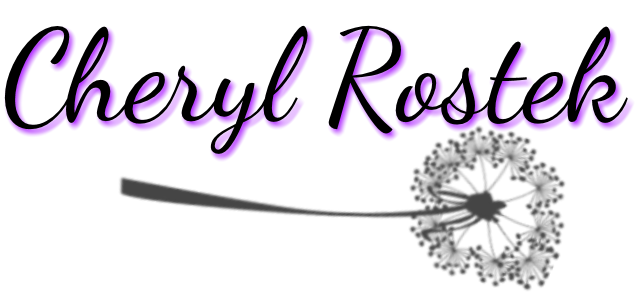

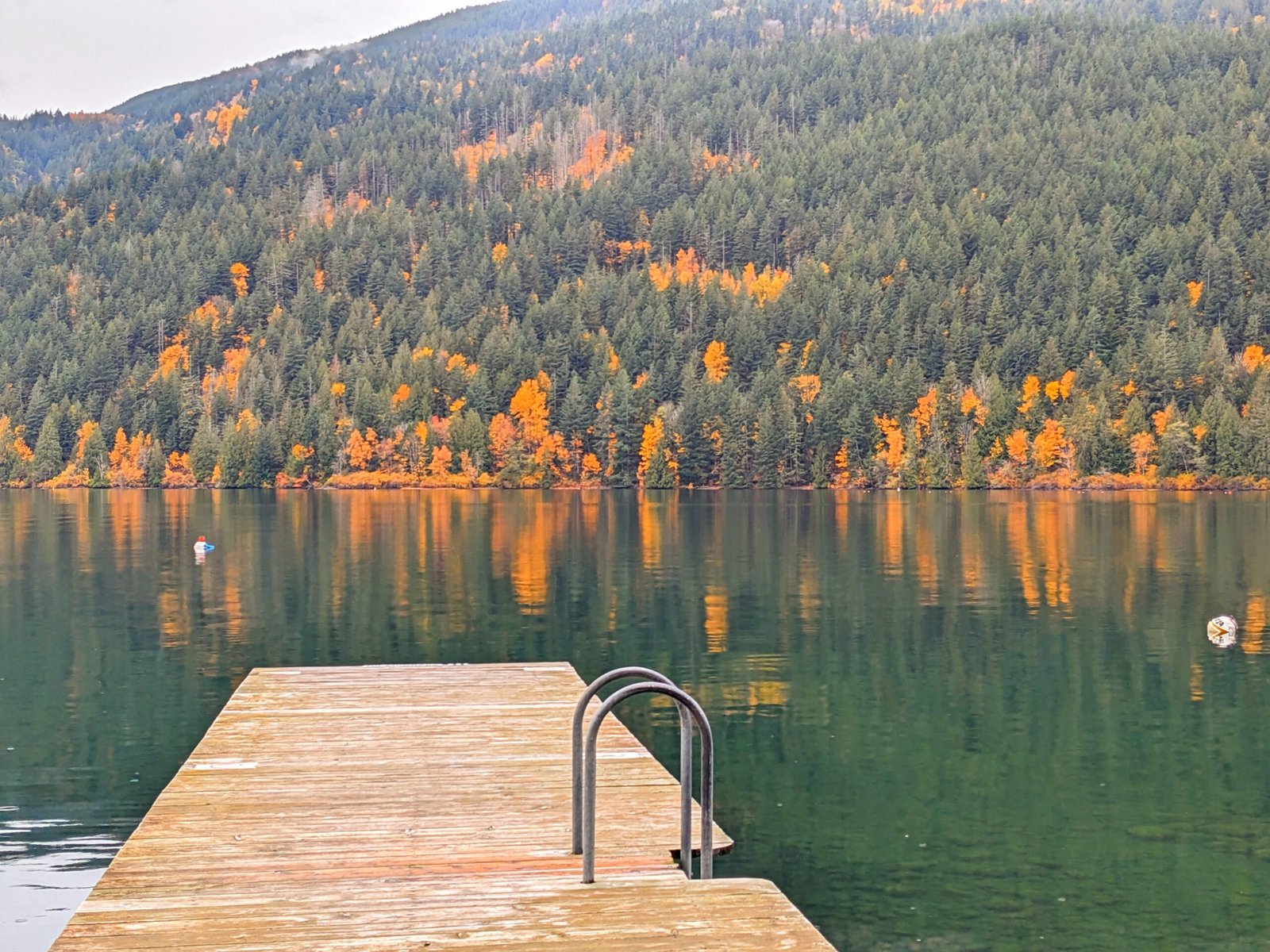
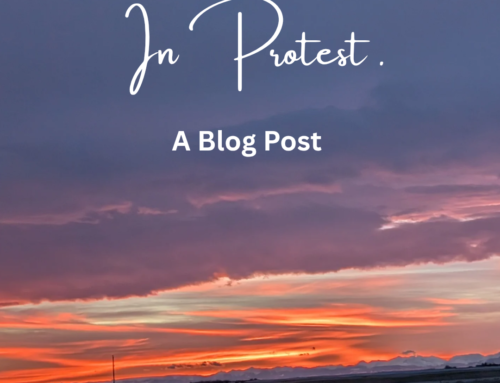
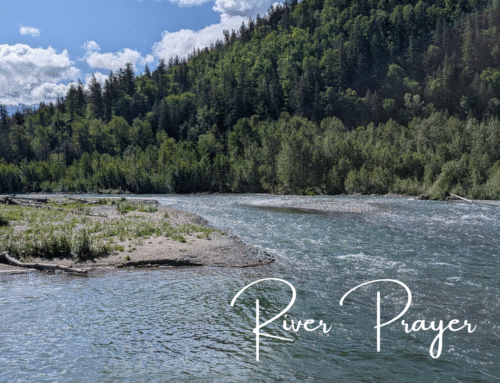

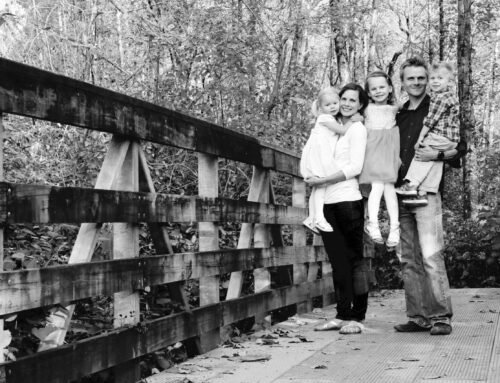
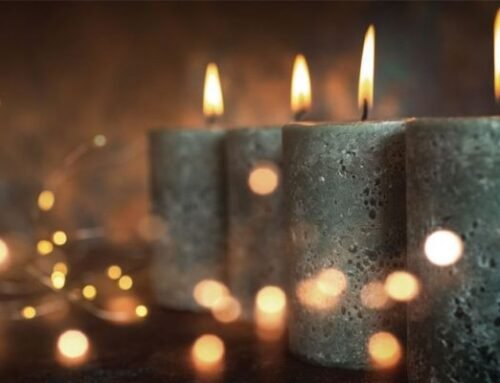
Hi, I have the same kind of cancer you have. I am 44 years old and have 4 kids. I have been living for 2 years now but not knowing how much longer I will get. My heart I mostly broken for my kids. I don’t want them to grow up by them selves. I have been flowing you on Instagram and it’s nice to hear from other who go through the same thing. I which is both just many more years and heath!
Oh Sarit, how nice to “meet” you. My wish too, for both of us is health and so much love to surround us. Blessings to you and your family. xo
Thankyou for giving us a glimpse into your mind and heart in such an inspiring and moving way. This whole post resonates in so many ways as it speaks to a spiritual awareness that we tend to shy away from. And yet it is in delving into this “inner diamond” that we learn our value and purpose in our life: “connecting the dots of our lives, especially those we would like to skip over or erase……..” the only true way to true healing. Thankyou for being vulnerable and sharing that vulnerability to help others on this journey in life, reminding us that peace, joy and contentment are attainable, whatever the circumstances. God gave you a beautiful gift and you are sure shining His light through that gift. Continuing to pray for you and your lovely family for continued health, strength and joy! Much love and God Bless.
Oh Mary I am so grateful you took the time to encourage me by sharing how my words were meaningful for you. Thank you for your prayers. xo